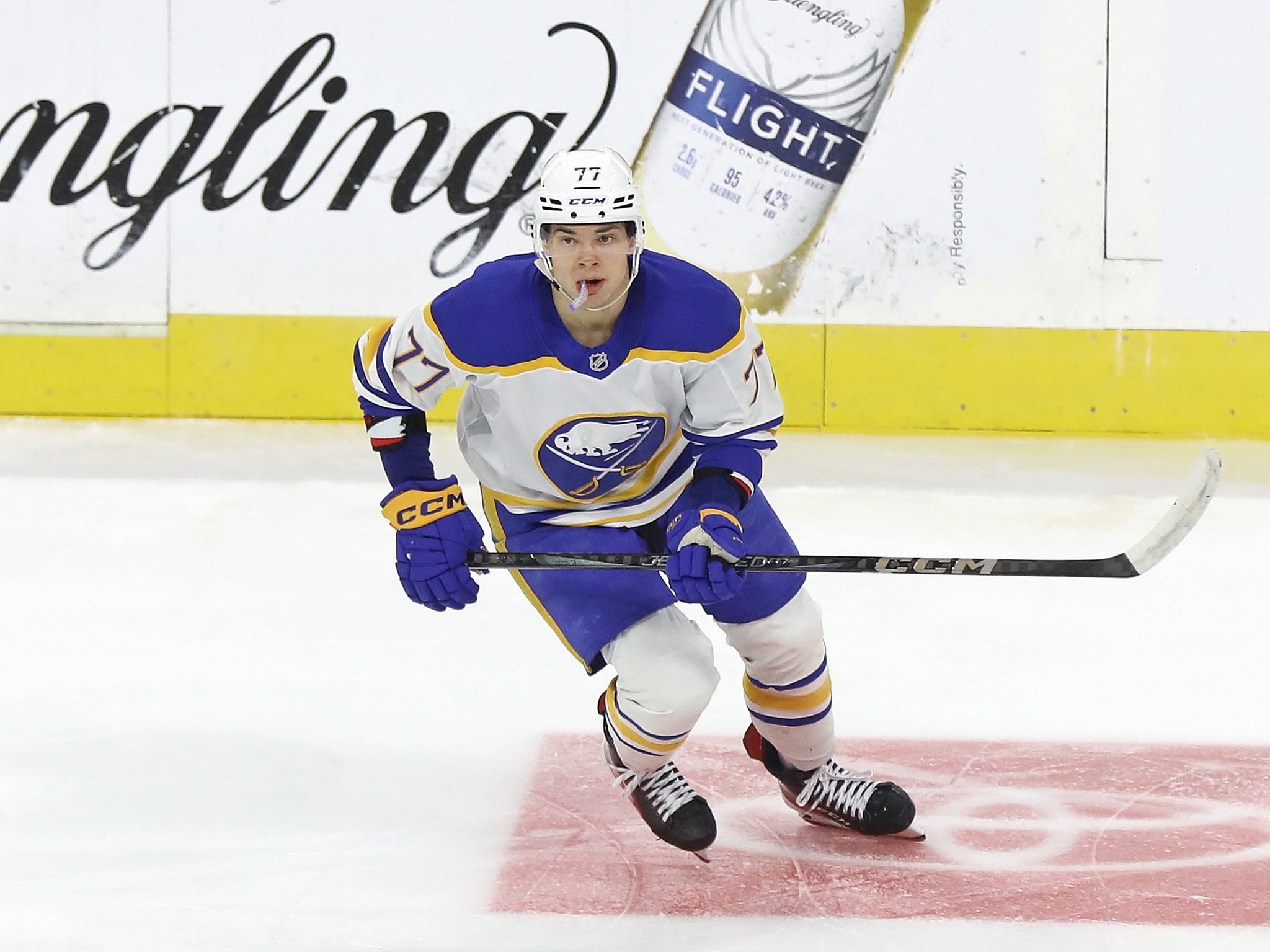

The Buffalo Sabres' decision to trade JJ Peterka to the Utah Mammoth has sparked considerable debate, with many questioning the return General Manager Kevyn Adams secured. Peterka, a dynamic young forward who broke out with 27 goals and 41 assists last season, was seen as a key piece of the Sabres' future. In exchange, Buffalo received defenseman Michael Kesselring and forward Josh Doan. While both are promising players, the immediate reaction from fans and analysts suggests the Sabres may have come up short in terms of pure value.
Peterka's departure undoubtedly stings. At just 23 years old, he was on a clear upward trajectory, improving his point totals in each of his three full NHL seasons. He possesses a rare blend of skill and determination, making him a threat both off the rush and in the offensive zone. His shot speed ranks in the 94th percentile among forwards, and he excels at scoring from the midrange. Moreover, he recently signed a five-year, $38.5 million contract with Utah, a deal many believe to be team-friendly given his potential. The Mammoth, a team already boasting a strong young core, are betting that Peterka will elevate their offense to new heights.
So, why would the Sabres trade such a valuable asset? Several factors likely contributed to the decision. First, rumors swirled that Peterka was unhappy in Buffalo, potentially due to disagreements with head coach Lindy Ruff's defensive demands or simply a desire for a fresh start. While Adams declined to confirm these rumors, the speed with which Peterka signed an extension with Utah suggests there may have been some truth to them. Second, the Sabres have struggled defensively in recent years, and Kesselring, a towering right-shot defenseman, addresses a critical need. At 6'5" and 215 pounds, he brings size, physicality, and a steady presence to Buffalo's blue line, potentially forming a strong pairing with Owen Power. Third, the Sabres may have been wary of offering Peterka a long-term, high-dollar contract, given their past experiences with similar deals that haven't panned out.
The acquisition of Josh Doan adds another intriguing element to the trade. The son of former NHL star Shane Doan, Josh is a tenacious winger with a knack for scoring. While he may not possess Peterka's offensive upside, he projects as a solid middle-six forward with the potential to contribute on both ends of the ice.
Despite the potential benefits of Kesselring and Doan, the trade still feels like a gamble for the Sabres. Peterka has the potential to become a point-per-game player, and losing that kind of offensive firepower is a significant blow. However, if Kesselring solidifies Buffalo's defense and Doan develops into a reliable scorer, the trade could ultimately prove to be a shrewd move. The Sabres also have several other players who could be on the move, including Bowen Byram, and how Adams addresses those situations will further define the Peterka trade in hindsight.
Ultimately, only time will tell whether the Sabres made the right decision in trading JJ Peterka. While the initial value may not be immediately apparent, the move addresses key needs and reflects a willingness to shake up the roster in pursuit of long-term success. The pressure is now on Adams to find a top-six forward to replace Peterka's offensive production. If he can do that, and if Kesselring and Doan reach their potential, the Sabres may yet emerge as winners in this deal.